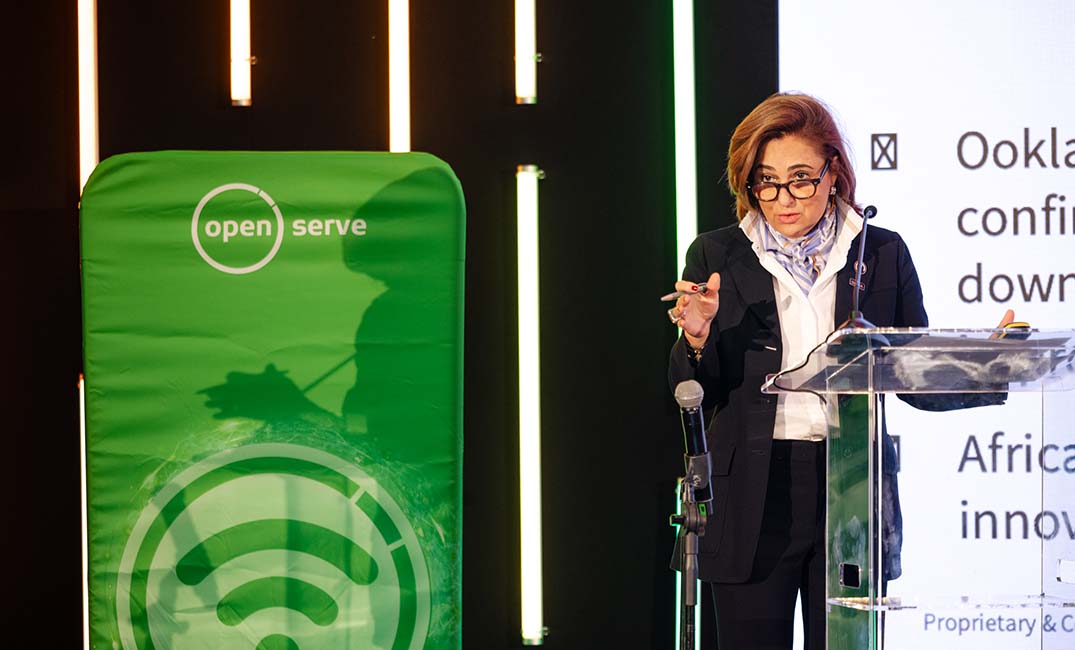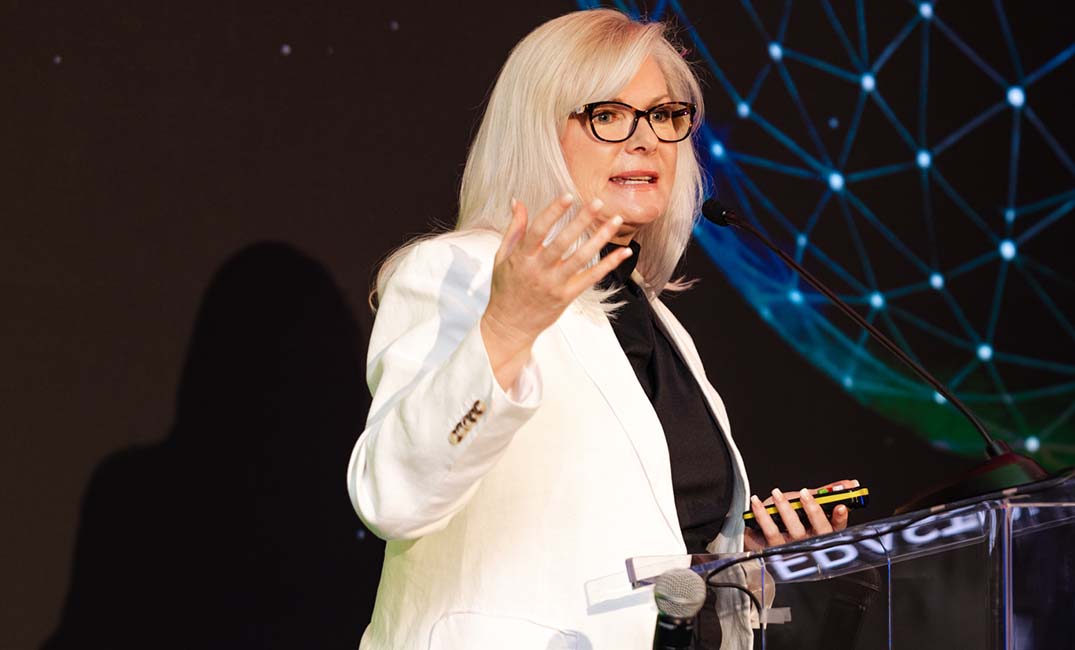Kathy Gibson reports – While thought leaders explore how to build a digital economy built on broadband and artificial intelligence (AI), we shouldn’t lose sight of the fact that millions of people are still unconnected.
This is according to Juanita Clark, CEO of Digital Council Africa, who stresses that, in order for the continent to move forward, we have to find ways to connect every person.
“We have to revisit deployment methodologies, and there is a lot that needs to be done,” she tells the World Broadband Association (WBBA) Broadband Development Congress meeting on the sidelines of Africa Tech Festival in Cape Town.
“We are making phenomenal progress, but the gap is widening. Here we are talking about AI, while we are still trying to connect everyone on the continent.”
Another concern with AI is job losses, she adds. “We do realise that all the past industrial revolutions have been net creators of jobs. But we have to make sure we take everyone on the journey – so everyone needs a reliable connection.”
While free WiFi is laudable and has its uses, Clark doesn’t believe it adequately addresses the issue. “What we need is in-home connectivity, because that is where people can start to harness the power of connectivity.”
The African Digital Infrastructure Market Analysis 2025 demonstrates the stark differences between Africa and the rest of the world when it comes to access and online usage.
Clark points out that, globally, 5,04-billion active OTT (over the top) and social media users downloaded 218-billion apps in 2024. This was powered by 10 800 co-location data centres in 170 countries.
In comparison, Africa has just 207 co-location data centres in 35 countries. And active social media and OTT users in Africa downloaded just 1,1-billion apps.
“We have access to all the resources we need to close this gap,” Clark says. “The digital gap is the digital opportunity, so it’s important to find mechanisms to close these gaps.”
She says governments should give up land for infrastructure, while making it easier to get approvals. “Power and having a future vision for the continent are critical.”
Reliable power is holding back development; as is a lack of skills and policies creating an enabling environment and data sovereignty.
“As a country we are on the right track and making the right moves,” Clark adds. “But we have to scale these efforts.”
There is progress across the continent, though.

Darya Nasr, vice-president of strategic initiative, business development and government affairs at Ookla, points out that digital penetration is accelerating faster in Africa than in any other region.
“This means there is a boost in economic, personal, and citizen growth. Today, one out of every six people using the Internet is in Africa.”
Indeed, connectivity is quickly becoming a basic right. “We need to be at the forefront of what our citizens require,” Nasr says.
Ookla Speedtest Intelligence confirms strong gains in median download speeds, with latency improvements.
“Africa is leapfrogging through innovation and partnerships, going steadily in the right direction.”
Speed matters, because the user experience matters, Nasr points out. “Improved user experience comes from lower latency, better video streaming, remote work, and gaming.”
It can result in several benefits, including increased customer loyalty with higher satisfaction and reduced churn; and an expanding subscriber base.
The Ookla consistency score demonstrates the impact of upgrades on everyday user quality and is the key enabler for network enhancement.
“Broadband acceleration is not just a commercial mission,” Nasr concludes. “It is a national development priority that requires collaboration between operators, government, and regulators.”

